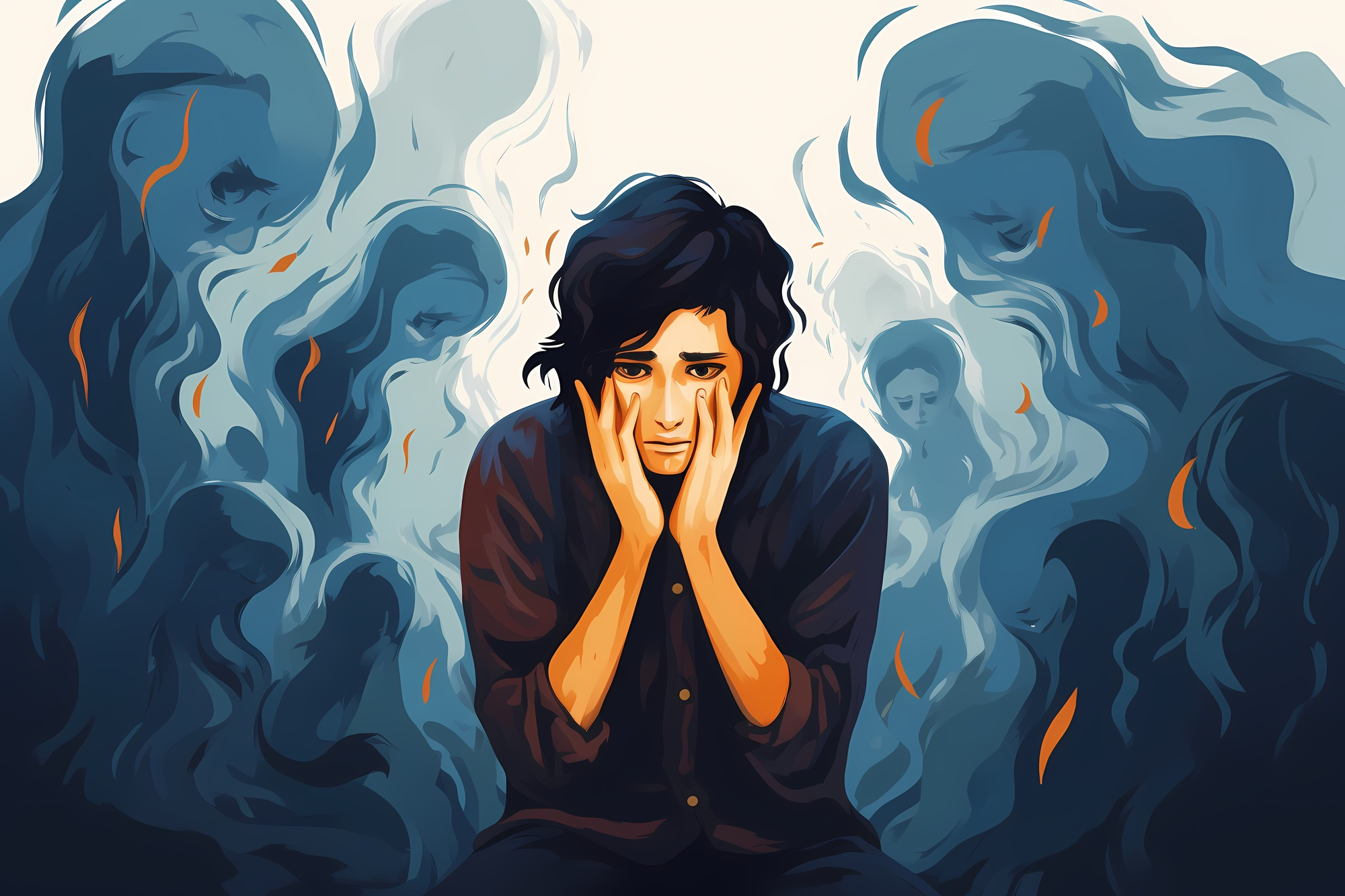Body shaming is a rising issue in today’s generation, characterized by the act of making critical and potentially humiliating comments about one’s body, size, and weight. This practice is particularly prevalent among teenagers and encompasses comparison, harassment, and discrimination, ultimately taking a negative toll on an individual’s personality, self-esteem, and body image.
The judgment of the physical appearance and attributes of a person constitutes body shaming, ranging from subtle comments to overt discrimination. It is evident that we all come in different shapes and sizes; however, societal and media pressures impose unrealistic beauty standards and stereotypes. This global phenomenon affects individuals of all genders, ages, and nations, focusing solely on outer physical appearance rather than personality and behavior.
The new generation is particularly affected by body shaming due to increased access to media and exposure to unrealistic beauty standards. Its consequences extend beyond the individual to society as a whole, with teenagers experiencing low self-esteem, self-confidence issues, anxiety, depression, and even resorting to extreme measures such as self-harm and suicide. Body shaming can have long-term effects, impacting adulthood in both personal and professional lives, perpetuating a culture of constant comparison and concealment of natural flaws to avoid belittlement.
Furthermore, society suffers from this problem as body shaming fosters an environment of judgment and exclusivity rather than acceptance and inclusivity. Discrimination based on physical appearance becomes more prevalent, necessitating the implementation of various policies to address this growing issue. Educational institutions should promote body inclusivity and positivity, emphasizing acceptance of all shapes and sizes. Media platforms should enforce strict regulations against online body shaming. Additionally, policies should be enacted to hold individuals accountable for engaging in body-shaming behaviors.
Body shaming is a serious issue that demands attention. Failure to address it will lead to the new generation struggling with low self-confidence, self-esteem, and self-belief, perpetually comparing themselves to unrealistic standards on social media. It is imperative to understand that body shaming cannot be dismissed as a joke, as it causes discomfort and unhappiness about one’s body due to others’ comments. Addressing body shaming requires comprehensive efforts, promoting body positivity and inclusivity while fostering equal treatment for all individuals, regardless of their physical attributes.
By: Wanjala Maharjan (Science, A2)







